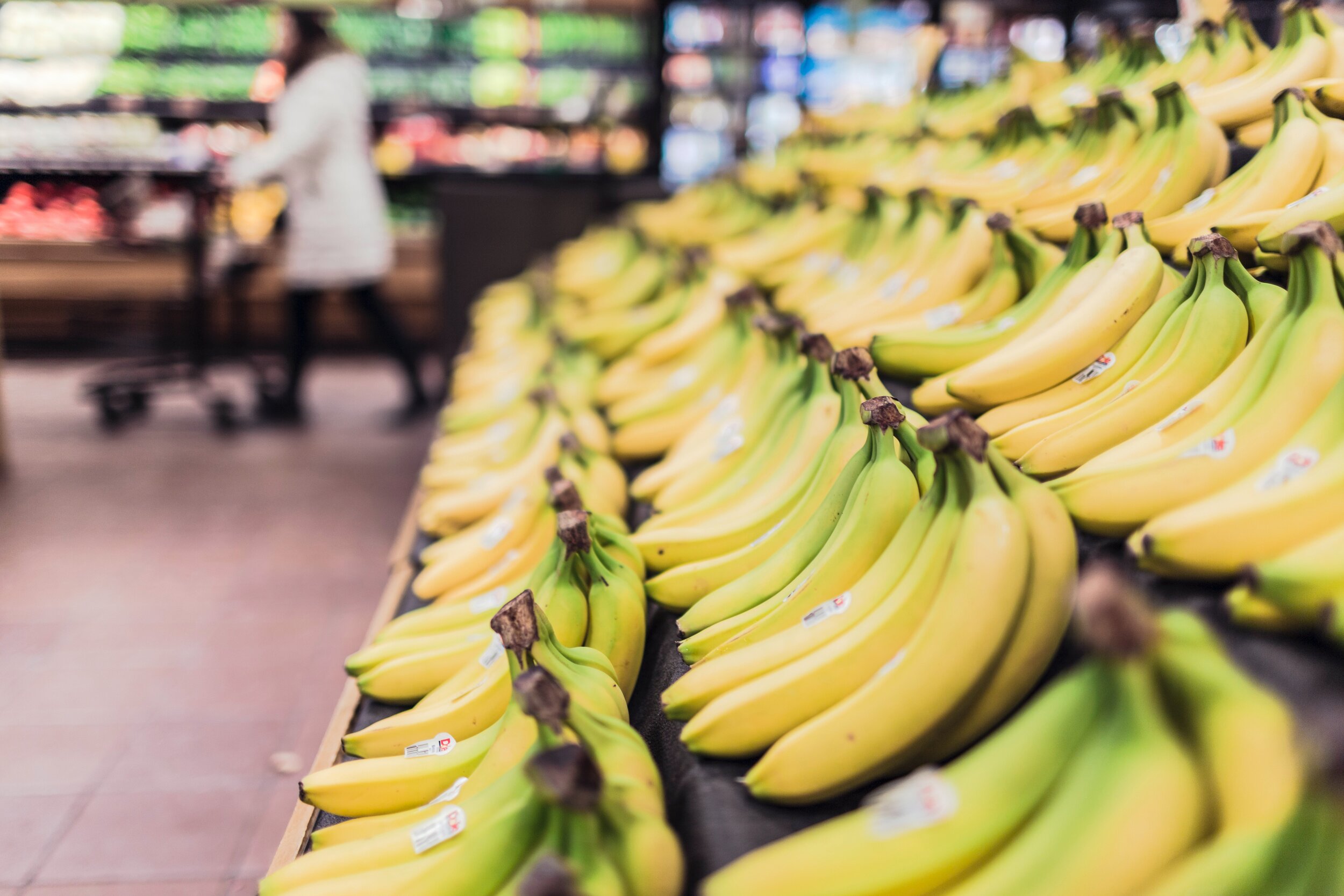Blockchain and certification for good
If you walk into a supermarket and pick up a piece of produce, you may notice a sticker on it certifying some element of its production. Maybe it's organic, maybe it's fair trade, or maybe it’s ethically sourced from companies that engage in sustainable agricultural practices.
You then head over a couple of aisles to the canned meat section, and grab a can of tuna. You notice a seal certifying that no dolphins were harmed in the production of this tuna. Right next to it, there is another can, with a seal recognizing the low-carbon footprint of this fishery. Awesome! These seals sure do make it easy to consume food ethically and sustainably, right? Not necessarily.
There seem to be more products in the supermarket today that have some sort of certification or seal of approval on them than those that do not. While these may be well intentioned, they often fall short of actually being able to reliably verify anything. They may operate on an honor system, where a company self-reports against a series of indicators. Alternatively, they may be based on an inspection that takes place once every two years, where the company has plenty of advanced notice of the inspection so they can make things look good. Maybe these certifications are associated with a large cash donation from the company to the certifying organization, drawing in to question the legitimacy, impartiality, and motive of these certifying organizations.
In short, many of these certifications or seals of approval are not worth the paper they are printed on. They simply cannot be trusted and are ripe for fraud and dishonesty. One example of this, is regarding the “Dolphin Safe” label what was found on 98% of canned tuna sold in grocery stores. Unfortunately, this label was found to be a complete fraud, and often a simple declaration from a fishing ship’s operator, that the catch was dolphin safe, was sufficient to earn the label. The good news is, there is a far better solution. Enter blockchain, the technology that revolutionizes the concept of trust.
A great TED talk on the ability of blockchain to address the trust gap can be found here.
Imagine, being able to know exactly where your banana came from - the pesticides used to grow it, the amount of water required in its production, the individual who picked it, the CO2 required to transport it, and every step in between. This doesn’t have to be a dream, because it is possible today through the use of an immutable blockchain.
In fact, there are already some projects making use of blockchain technology to help bring greater trust to certification. One practical example of this today is the use of the VeChainThor blockchain to certify the results of a plastic clean-up effort in the ocean. In this project, “VeChain’s ‘ToolChain platform’ traced the clean-up process, tracking plastic waste from the extraction point, how it was sorted, and when it was delivered at a local waste bank.” In the end, 305 kilograms of plastic waste was removed from the Ocean and verified via the VeChainThor blockchain.
In another example of the potential use cases of this technology, a study of the Indian Organic Food Market found that blockchain could be far superior to traditional technologies in not only ensuring fair trading, but also in supporting farmers to improve food quality. In the conclusion of this study, it was found that although blockchain wasn’t a necessity to achieve whole-chain traceability, it “could certainly make food traceability faster and prove to be a good solution for a complex food supply chain.” If fact, two of the four case studies used in this study actually resulted in successful blockchain solutions that were operational at the time the study was published.
It is important to recognize that it is unlikely there will ever be a 100% fraud-proof system when it comes to certification. However, the extra layers of trust built in to an immutable, decentralized block chain, are far superior to traditional technologies such as Enterprise Resource Management (ERM) software. There are far less opportunities for fraud, and it is impossible to go back and change undesirable records after the fact without being noticed.
If this technology is implemented on a large scale, there may be a day when we no longer have to simply trust that large corporations are doing the right thing and being honest in self-reporting to certification agencies. No longer will we have to take it in good faith that our produce was grown using only fair and dignified labor. Blockchain can bring a level of accountability to corporations that is unprecedented, and I think we should embrace this.

